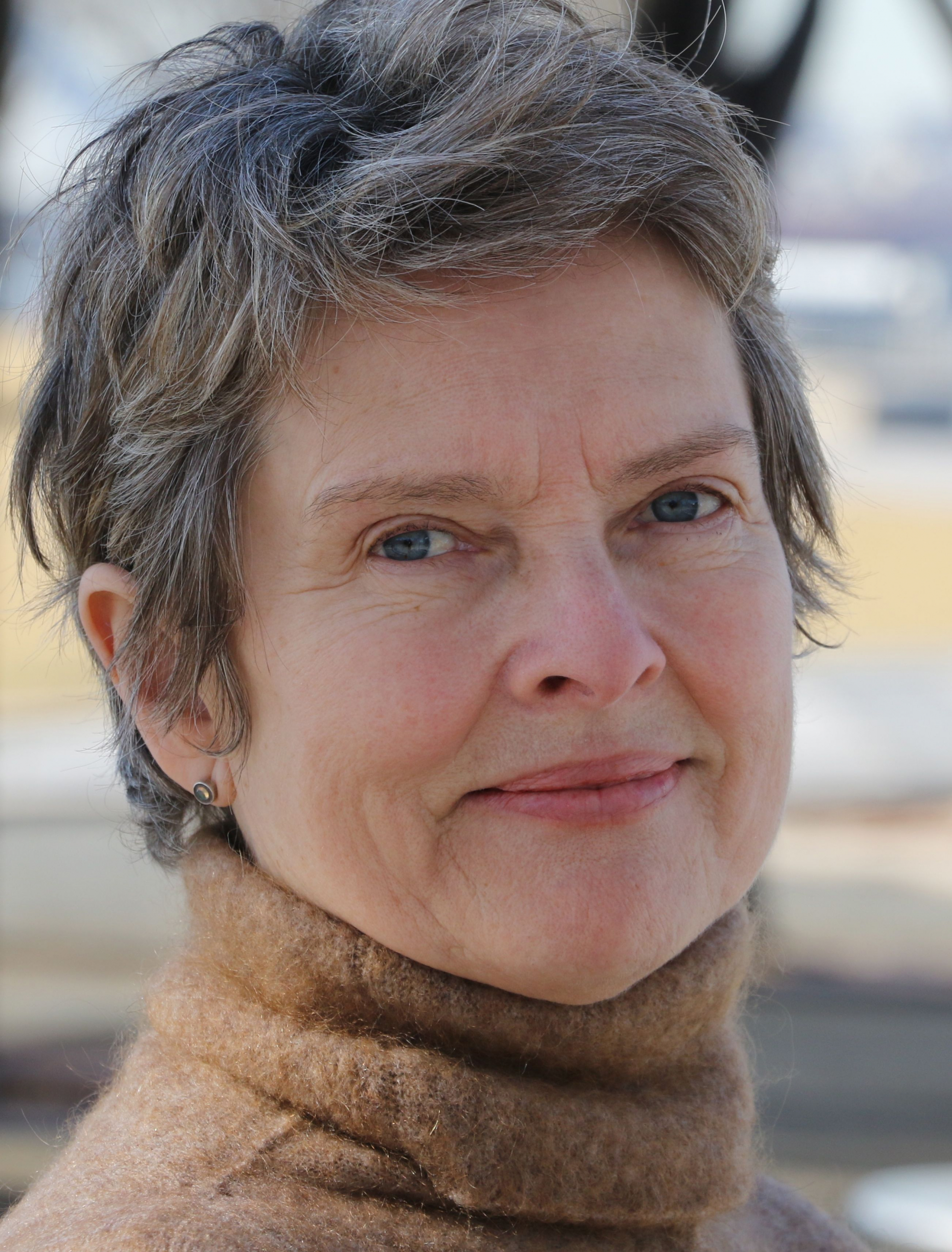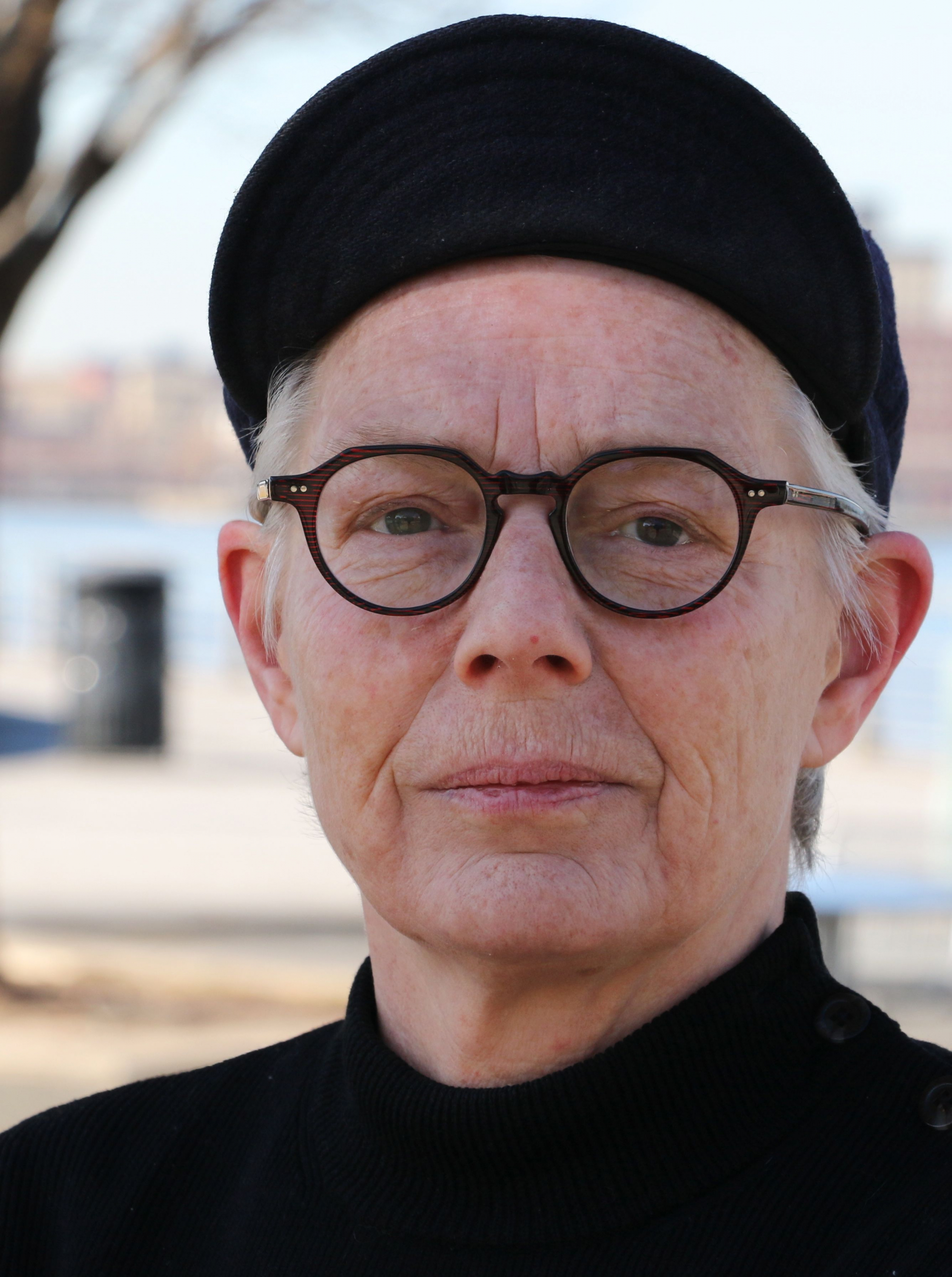AFTERMATH revisits the wrenching, highly-publicized hate crime documented in Emmy-nominated THE BRANDON TEENA STORY, 25 years later. Through the eyes of a community grappling with the impact of Brandon’s life and death, the film explores loss, growth and life for LGBTQ individuals in Heartland America.
SYNOPSIS
AFTERMATH revisits the scene of a wrenching, highly-publicized hate crime 25 years later. When Brandon Teena arrived in Falls City, Nebraska, in November of 1993, the 20-year-old’s handsome looks swiftly won him friends and a pretty girlfriend. Three weeks later, on Christmas Eve, Brandon was brutally raped and beaten by two new-found “friends,” enraged when they discovered that he was transgender, presenting as male, but assigned female by birth. The two men came to murder him that New Year’s.
Critically-acclaimed and Emmy-nominated, THE BRANDON TEENA STORY drew global attention, exposing the roots of violence, hatred, and transphobia in America. It was the first documentary to investigate violence against transgender people in the US, leading to hate crime laws and changes in policing practices.
AFTERMATH, a follow-up to THE BRANDON TEENA STORY, builds on the filmmakers’ 25 years of relationships in Nebraska. Through the eyes of a community still grappling with the impact of Brandon’s life and death, the film explores the changes – or lack thereof – when it comes to perceptions, behavior, laws, and understanding of LGBTQ community members in heartland America. Weaving archival Super-8, VHS and contemporary HD verité footage of people in their surroundings, AFTERMATH revisits characters from THE BRANDON TEENA STORY and introduces new ones.
Director Statement
Cultural and legal LGBTQ gains have tenuous and shallow roots. Brandon was murdered because of rage over his failure to conform to accepted gender norms. Even as awareness of LGBTQ issues has grown, a tsunami of backlash including petty intolerance and discrimination, restrictive legislation, and a rise in gender-based violence looms over this country. Twenty-five years after Brandon’s tragic murder, AFTERMATH offers a deeply personal examination into what a small-town community can teach the country.
ABOUT FILMMAKER(S)
 Susan Muska
Susan Muska
SUSAN MUSKA (Co-Director & Camera) is a NYC-filmmaker and educator. Her films include THE BRANDON TEENA STORY (Berlinale 1998), THROUGH THE LENS (2000), WOMEN: THE FORGOTTEN FACE OF WAR (Astra Film Festival 2002), and EDIE AND THEA: A VERY LONG ENGAGEMENT (Frameline 2009). She served as co-producer for the lyrical biographical film LA CHANA (IDFA 2016) which won the IDFA Audience Award for 2016 and is nominated for Best European Documentary at the European Film Awards. Awards and honors include including Teddy Award for Best Documentary & Siegelsaule Audience Award at the Berlin International Film Festival and Emmy Award nomination for Excellence in Investigative Journalism for THE BRANDON TEENA STORY and 26 jury and audience awards for Best Documentary for EDIE AND THEA. Susan has served on film festival juries including Chicago International, ImageOut, and Identities Vienna. She has taught at Parsons School of Design, The New School, Borough of Manhattan Community College, City College MFA Film Program, The University of Iceland, and UN University's Gender Equality Studies Program and Land Restoration Program.
 Greta Olafsdottir
Greta Olafsdottir
GRETA OLAFSDOTTIR (Co-Director & Director of Photography) is a NYC-based filmmaker who focuses on women's issues, LGBTQ equality, and social justice through a deeply personal lens. Her films include THE BRANDON TEENA STORY (Berlinale 1998), THROUGH THE LENS (2000), WOMEN: THE FORGOTTEN FACE OF WAR (Astra Film Festival 2002), and EDIE AND THEA: A VERY LONG ENGAGEMENT (Frameline 2009). She served as co-producer for the lyrical biographical film LA CHANA (IDFA 2016), which won the IDFA Audience Award for 2016 and is nominated for Best European Documentary at the European Film Awards. Awards and honors include GLAAD Award, Rockefeller Media Fellowship, multiple awards for THE BRANDON TEENA STORY including Teddy Award for Best Documentary & Siegelsaule Audience Award at the Berlin International Film Festival and Emmy Award nomination for Excellence in Investigative Journalism and 26 jury and audience awards for Best Documentary for EDIE AND THEA. Greta has served on film festival juries including Chicago International, ImageOut, and Identities Vienna. She has taught at Parsons School of Design and has recently completed a 10-year term as Commissioning Editor of the Icelandic Film Center. Her photographs have appeared in The New Yorker, Vanity Fair, and The New York Times.
RELATED LINKS
PROMOTE THIS PROJECT
Put a donation widget on your site. Click here for code.
ABOUT YOUR DONATION
Women Make Movies (WMM), Inc. is a 501(c)(3) non-profit media arts organization registered with the New York Charities Bureau of New York State and accepts charitable donations on behalf of this project. Your donation will be spent by the filmmaker(s) toward the production and completion of this media project. No services or goods are provided by Women Make Movies, the filmmaker(s) or anyone else associated with this project in exchange for your charitable donation.
Your contributions are tax deductible to the fullest extent of the law, and a confirmation of your donation will be sent via email. WMM will send you an acknowledgement letter in the mail to the address listed for tax purposes.
